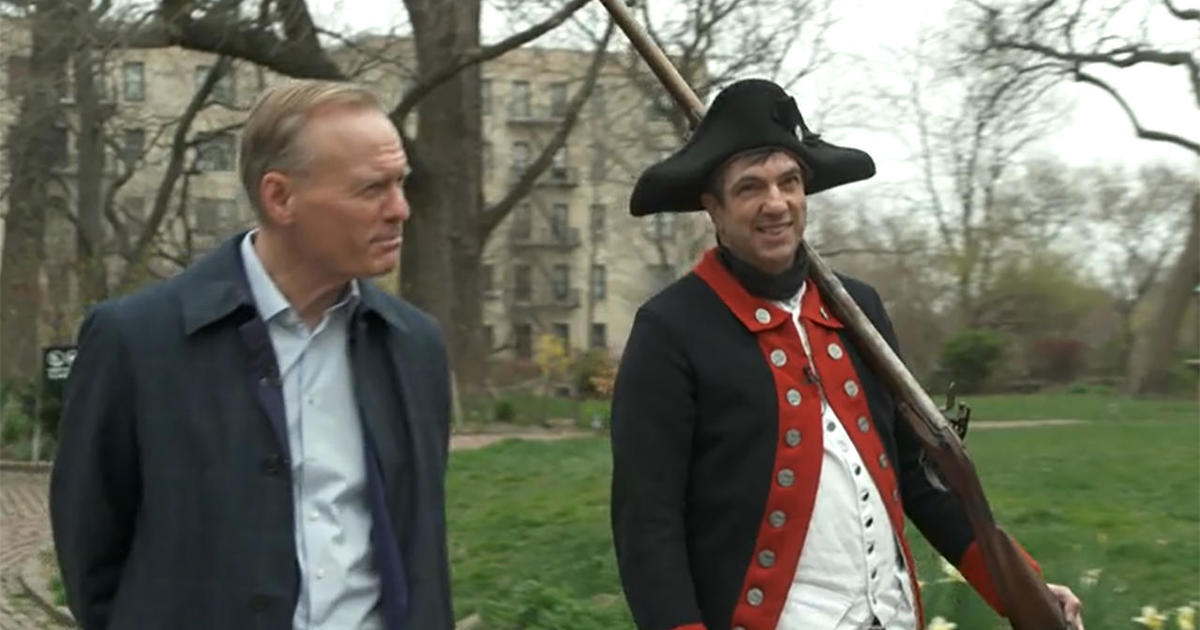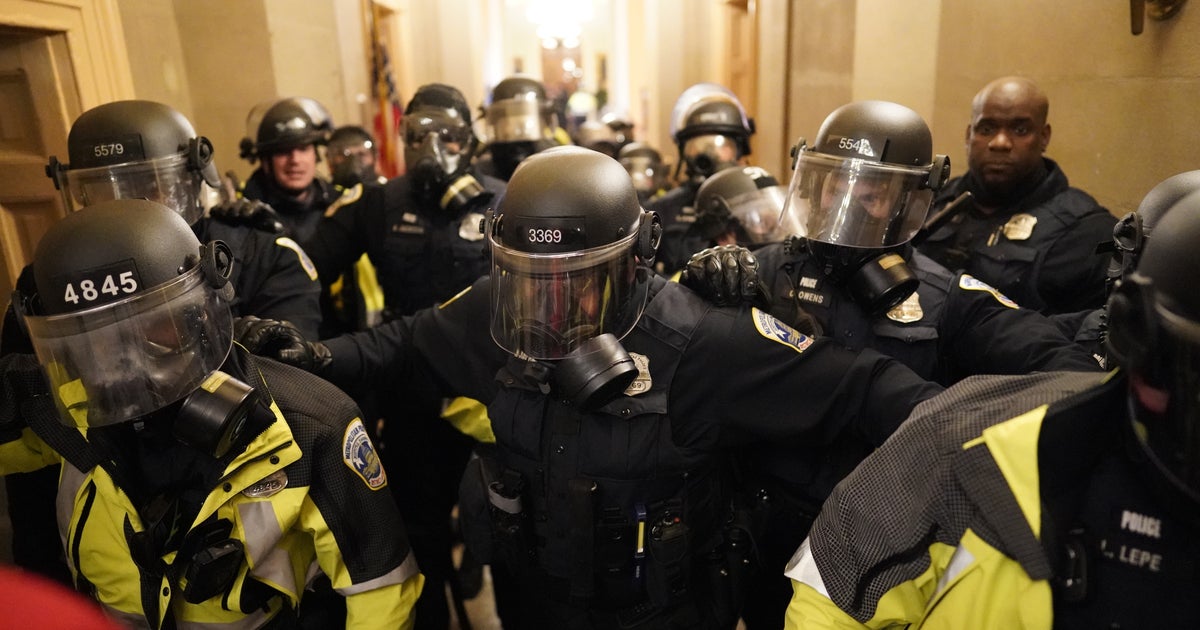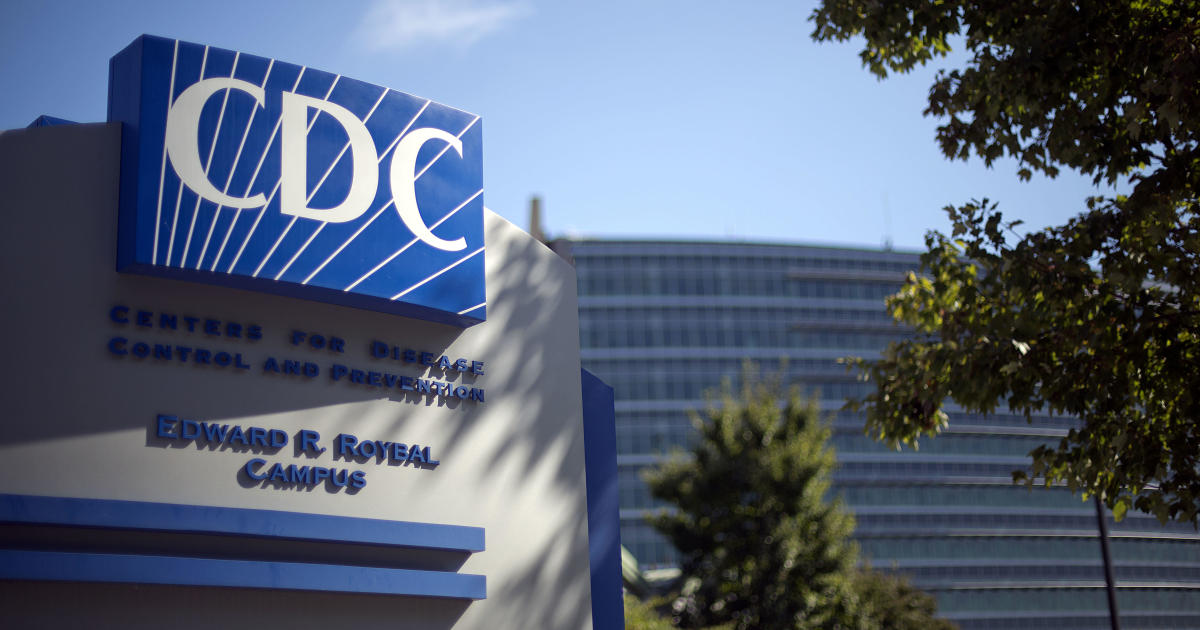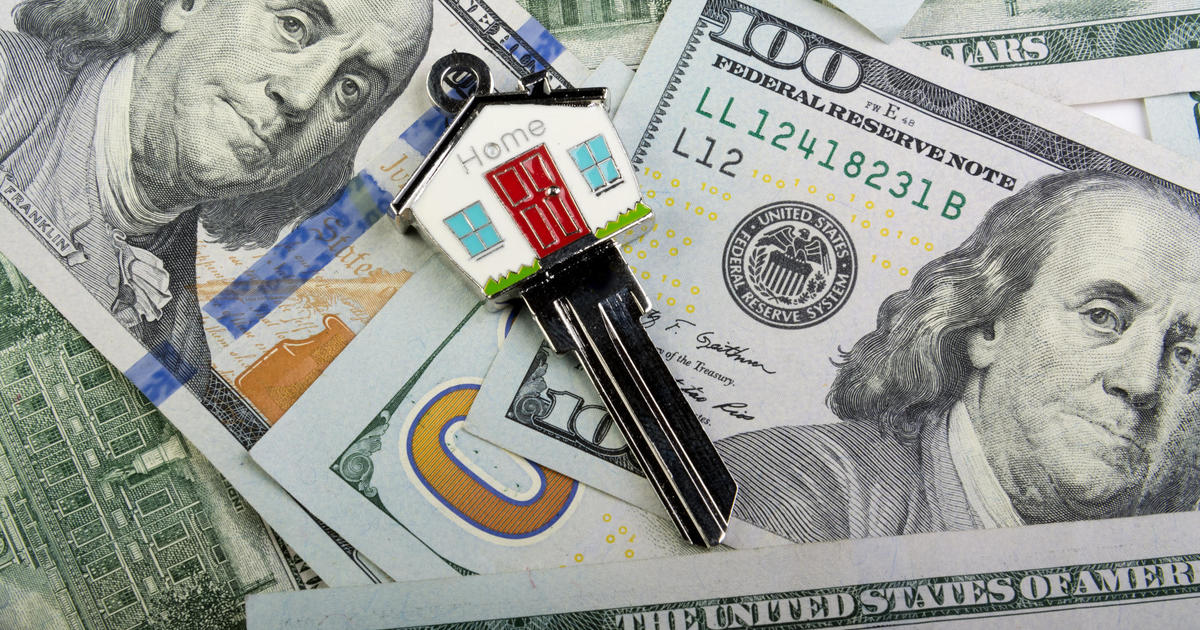$15 minimum wage would give up to 27 million a raise, CBO concludes
- A $15 federal minimum wage would give a direct raise to 17 million workers and would "likely" boost pay for 10 million more, according to the Congressional Budget Office.
- A raise to $15 would also likely cause job losses, the CBO said, although it noted "considerable uncertainty" about how steep those losses would be.
- The House of Representatives is scheduled to vote next week on a bill to raise the minimum to $15 and tie future raises to the inflation rate.
Raising the federal minimum wage to $15 would boost the income of up to 27 million Americans and lift 1.3 million people out of poverty, the Congressional Budget Office said on Monday. In a report, the CBO examined three proposed bills to raise the federal minimum from its current level of $7.25 per hour: Raises to $10, $12 or $15 an hour.
While a $10 minimum wage would have negligible effects, a $15 minimum "would boost the wages of 17 million workers who would otherwise earn less than $15 per hour," the CBO said. "Another 10 million workers otherwise earning slightly more than $15 per hour might see their wages rise as well."
The 17 million people who would see a pay raise under a $15 minimum make up a larger portion of the workforce than the entire manufacturing sector, which employs about 12 million. Nine out of 10 of those who would benefit are over the age of 20, and 71 percent have a high school degree or some college, according to CBO estimates. Slightly more than half (56%) are female, and the same portion works full-time, not part-time.
The CBO also said as many as 3.7 million workers could lose their jobs if the federal minimum rose to $15, although it noted that "there is considerable uncertainty about the responsiveness of employment to an increase in the minimum wage."
While economists have long taken for granted that minimum wage hikes lead to job cuts -- by encouraging employers to invest in automation rather than hiring -- much recent research has cast doubt on that notion. With dozens of states and cities hiking their minimum wage above the federal floor, economists have been able to examine the real effects of such wage hikes. Increasingly, they find more positive than negative effects.
A study from the University of California-Berkeley last week looked at 51 places that raised their minimum wage and found no effect on job creation. A recent National Bureau of Economic Research working paper looked at 130 places, with the same results.
"We don't see the negative scare stories that people are worried about, that for a big enough minimum-wage increase, employers cut back on hiring and people lose their jobs," said Ben Zipperer, an economist at the Economic Policy Institute and one of the paper's authors. "There wasn't any downside to the increase. There was only an upside," he said.
A House bill to raise the minimum wage to $15 is scheduled for a vote next week, said Rep. Bobby Scott, D-Virginia, the bill's sponsor. It's considered a long shot given that Republicans control the Senate and the White House, but it's becoming a rallying cry for many Democratic presidential candidates. Some big corporations are also moving in that direction. Amazon recently pledged to raise its minimum to $15 after feeling political pressure, with Costco following suit and Target moving to $15 an hour next year.



